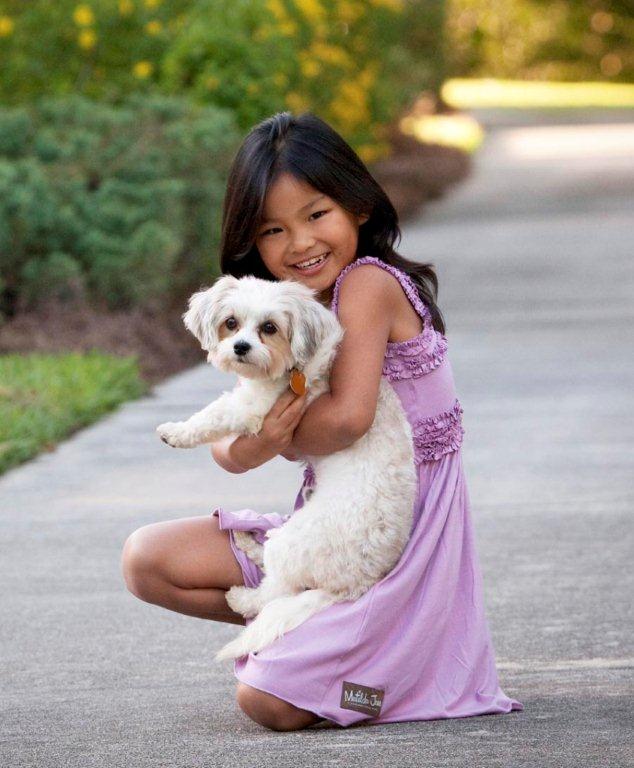12.18.06
The man’s name is Mr. Wu. I never had the pleasure of meeting him but I did pause to read his letter.
Mr. Wu thanked us for visiting his facility. He hoped we found our stay satisfactory. He explained that he took pride in his work and he asked us to contact him if there were any service problems of any kind. He listed two local mobile numbers. He wished us a wonderful stay in his country and, again, emphasized that we should call him if we need him.
This is only interesting because Mr. Wu is the men’s rest room attendant near Gate # 65 at Hong Kong’s new, amazing construction feat of an airport, His letter and photo hang on the wall near the exit door.
Mr. Wu symbolizes the rebooting of China. There is a frenzy of excellence, or at least the attempt to achieve excellence, that seems to have permeated many layers of Chinese society. It will take a while for the Chinese to meld their technological aptitude with high degrees of personalized service, but it appears that they have started that journey.
My wife, Angela, and I are at Chep Lap Kok to board a Sichwuan Airlines flight to Chongquing, in the southwestern part of the country. Sitting on the new plane, with its attentive flight crew, I smiled as each flight attendant was personally introduced with a bow to the passengers. Take off and landing was within thirty seconds of schedule.
We are heading to the interior of China to meet and bring home our new, 13-month old baby girl, Briana. Authorities found her abandoned when she was three days old. But she was left in a place where she would surely be found.
We have her picture. We have maps but they are undecipherable. I want to bring you along with us as we experience twelve days in a place for which you can never, adequately prepare. Here are some notes from my journal:
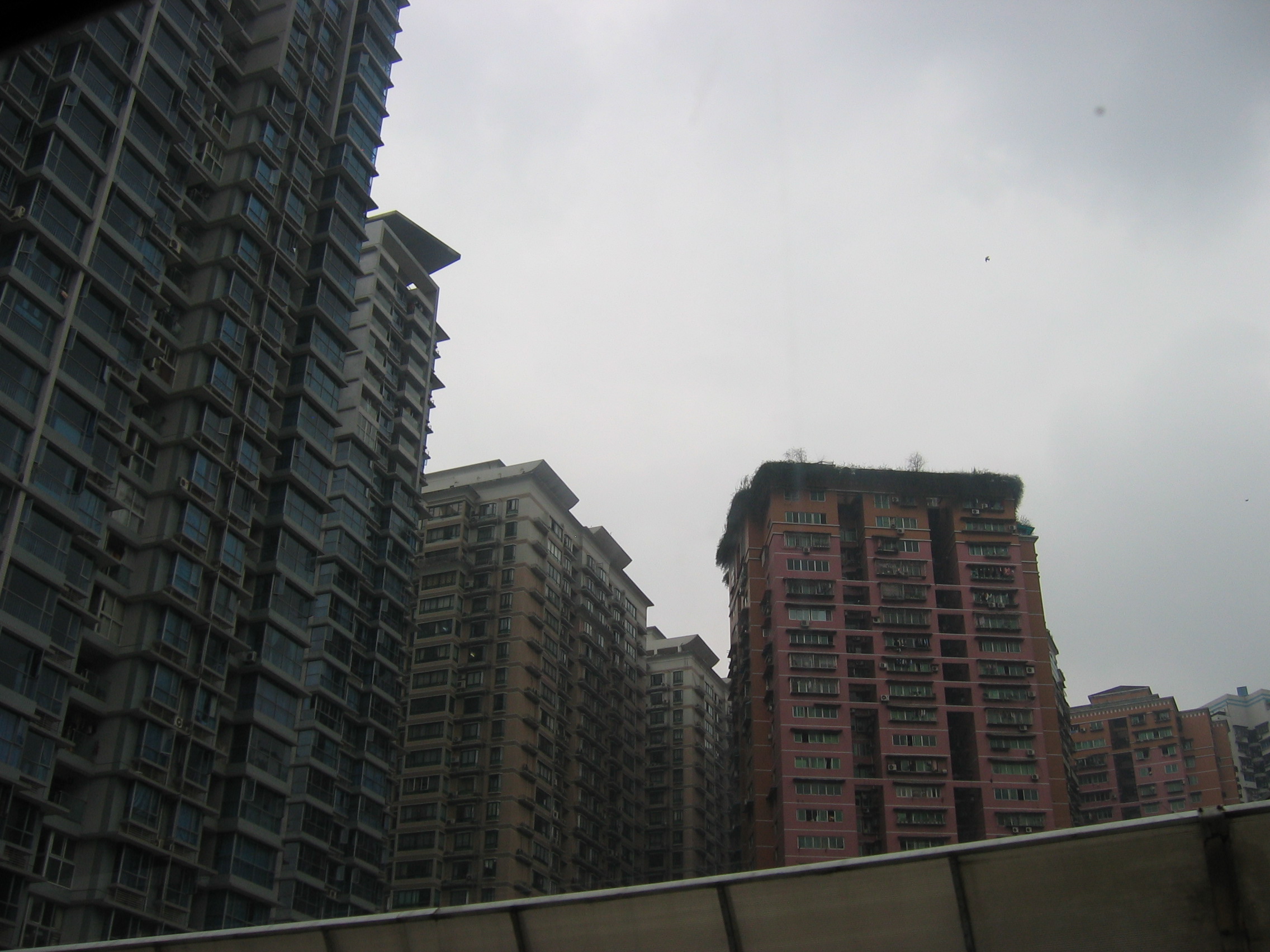
Arrival Chongquing reinforces the rebooting effect, I have already noticed. Every airport we visit is modern and appears to be new. Uniforms are all pressed and staff, though not always smiling, is efficient. The ride from the airport to the city is a Chinese wake-up call. The landscape was pleasant enough, with some greenery. But there was this haze, this smokey grey darkness that never disappeared. Chongquing has fewer that 1000 hours of sunlight per year; a sort of Chernobyl-lite layer of depression hangs over the place. Looking out my window I saw the skyline, a skyline that seemed to be the size of Manhattan. I was impressed, but then I turned and saw that there were three Manhattans out the other side. The Province of Chongquing and the city house 32 million – it is, by some measures, the most populated place on earth.
Despite this, there were relatively few cars in the downtown area. You could walk in the middle of the street running alongside the Harbor Plaza Hotel and think it was a pedestrian mall.
There was a Starbucks around the corner. All shiny and new with English language signs promoting seasonal tutti-frutti flavors like Gingerbread and Pumpkin Spice. But there were no patrons and when I went back there were no patrons. Who, I wondered, is going to pay $4.50 for a cup of coffee in Chongquing? This store, like so much of central and southern China, is ready and waiting to serve the middle class and the western tourists who surely will be arriving on the next Sichwuan flight. Perhaps tomorrow, perhaps in three years.
The people who weren’t in Starbucks were one block away north of the main thoroughfare. Here, stall after stall served portions of street food to hundreds of diners at a time. Some of the stalls had set up small folding tables, but, for the most part, diners stood and talked while they nimbly picked at whatever and rice with their chopsticks.
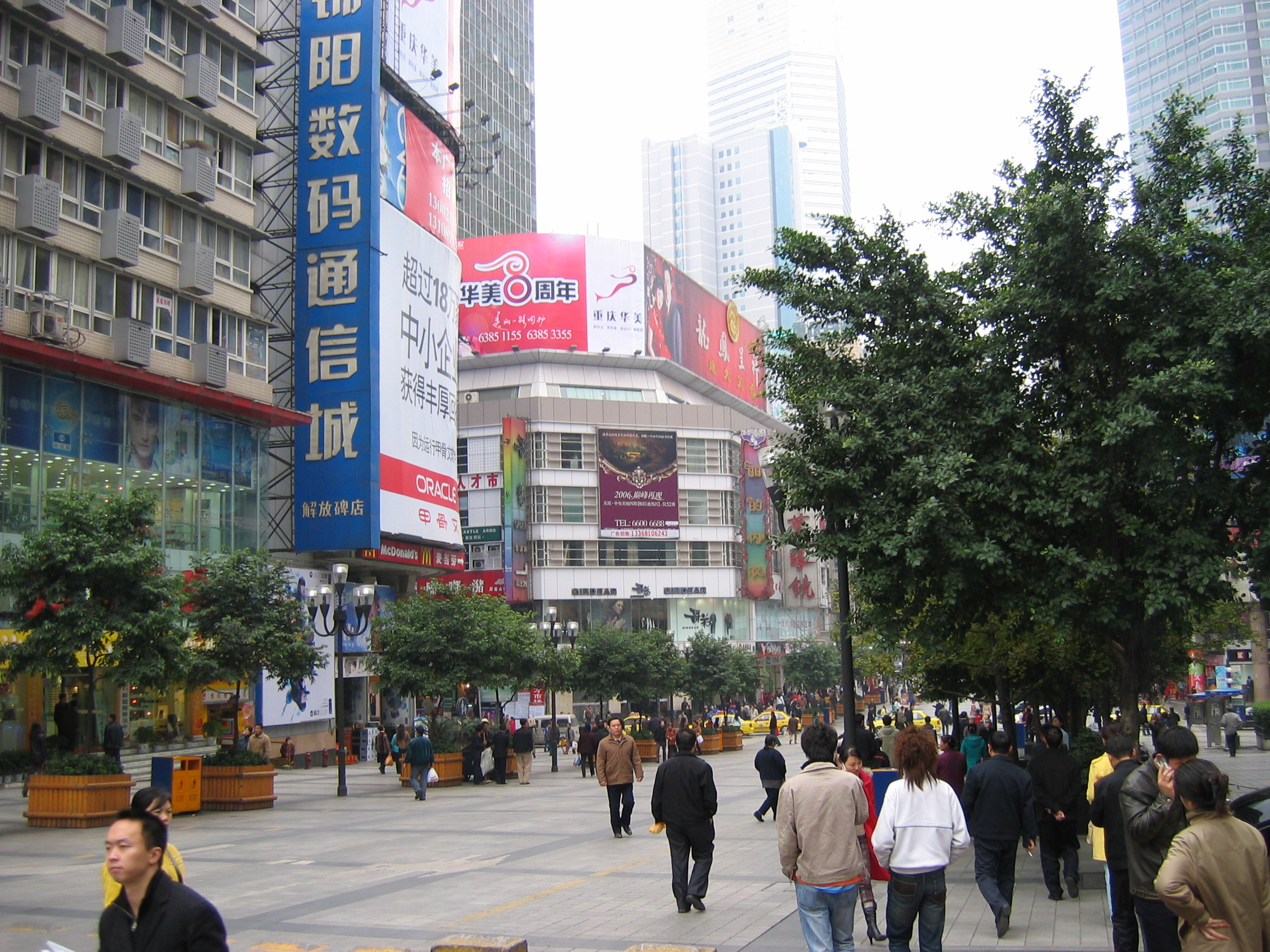
There was large department store blaring Chinese rock music from huge speakers near the entrance. You had to take an escalator up to reach the store. As I entered I realized that the entire store was devoted to cell phone sales. Kiosk after kiosk, display after display, it went on forever. And people were shopping.
It was at this point, after walking the city for hours, that I began to realize there were no Americans, no Europeans, not even Canadians. In fact, except for our foray to the American Consulate at Guangzhou, we never ran into a single westerner. Perhaps they were all at Pizza Hut but we never saw them. In fact, we really never met fluent English-speakers and yet, we got along just fine. All of the food was not wonderful, but the restaurant dinners were. Room service became a kind of game one played and we would guess at what would actually arrive.
But how strange, I thought, that I could wander the largest city on earth and find it totally devoid of American visitors.
If I had wandered down to the riverfront I would have found tourists. Chongquing is the beginning, or end, of cruises along the most picturesque portions of the Yangtze. But few Americans stay a few days, preferring to pre/post in Beijing or Xian.
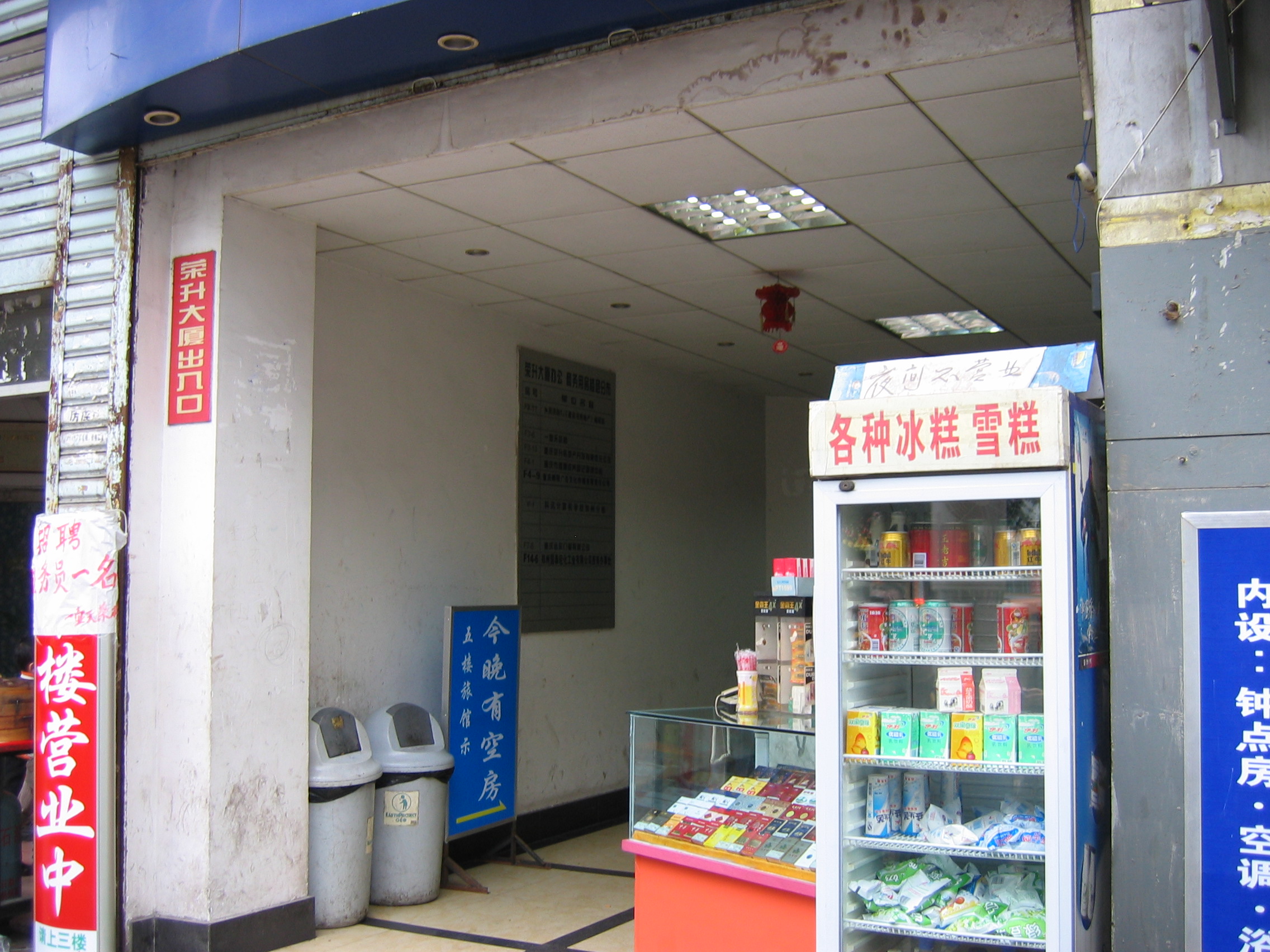
On our second day in the city we took a short bus ride to the government adoption office to receive our daughter. At this point we had received a photo, a two-age medical report in Chinese, and a one paragraph summary of her life – to date. The office was in an old building next door to an outdoor noodle shop. We walked into a doorway where we found a security guard of the rental variety and a woman selling candy and lottery tickets, past peeling walls, to an elevator that led to the second floor office. When the elevator door opened, we were shocked to find twenty-four infants, from four different orphanages, playing on the floor. The children of each orphanage were identified by the colors of their pajamas.
Then came the most extraordinary compression of tears, joy, governmental questions, and procedures. It made us dizzy. Then the people who had taken care of our daughter had questions for us and we had to wait for the translator to assist.
I will never forget these moments and I won’t bore you with further details, but there was one small memory of those two hours I want to share with you.
As we were leaving the building, the elderly security guard and the woman selling lottery tickets, wanted to hug our baby goodbye. They thanked us for coming to China. There were tears in their eyes.
But these people must have seen hundreds, perhaps thousands of infants pass them in the narrow hallway as new parents left the building. Yet, they cared enough to cry with joy with us. That image will never leave my mind.
The next day we found the secret door that opened off a corridor in the rear of our hotel lobby. It opened to a surrealistic shopping experience, six floors of beautiful shops, each floor arranged by category, with two floors on top for fine dining. I say surrealistic because so much of it was illusion.
I headed for the men’s section and saw the Armani sign in the distance. But when I got really close it turned out to say Anmani. Versichee also had a store.
Most of the stores had a single employee. There was a department store anchor. We did some shopping but could not detect a single store employee who knew even a smattering of English.
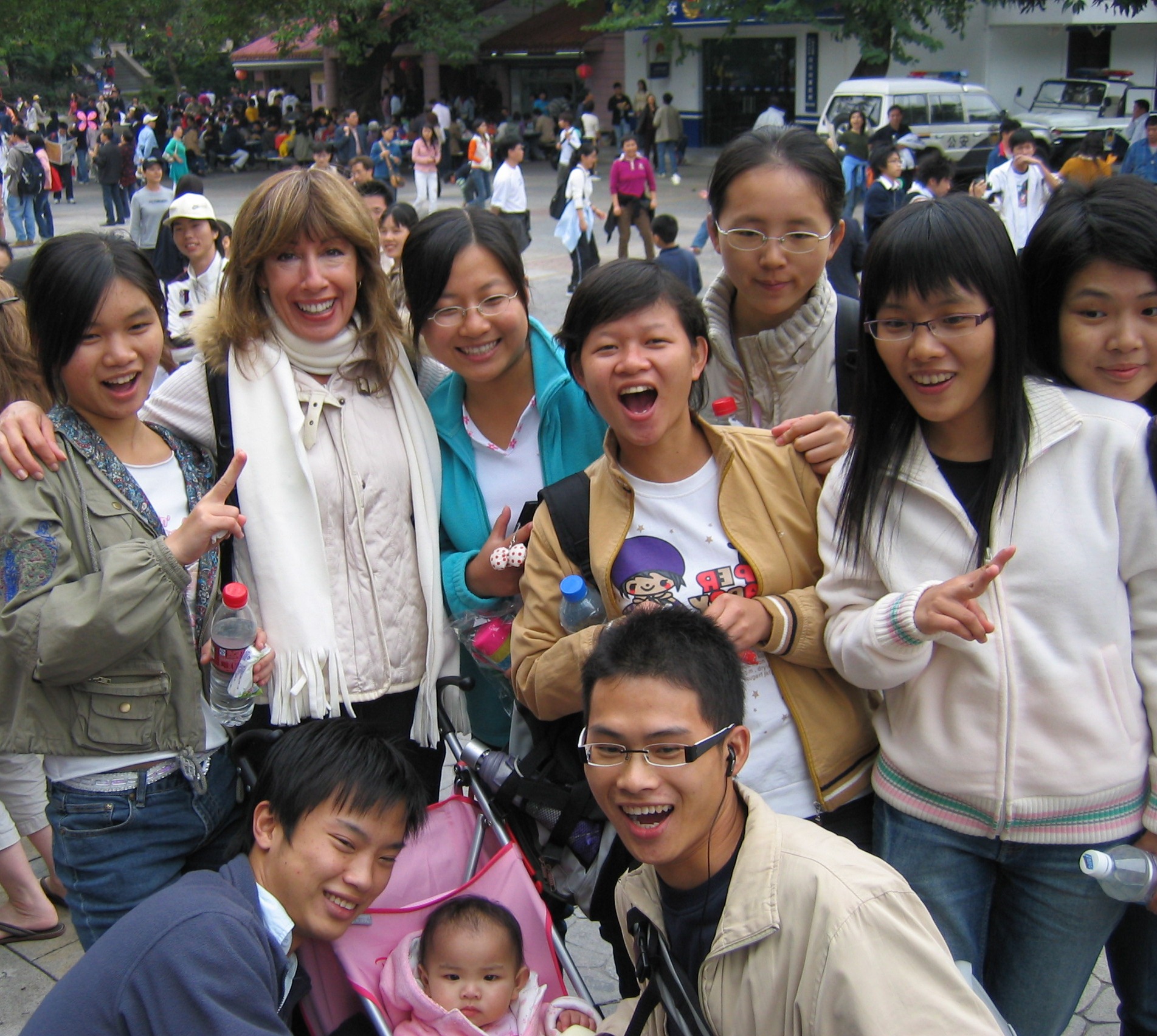
I loved Chongquing at dusk, when the sky darkened from heavy grey to fog-shrouded black. Flashes of neon punctuated the night soup; miles of neon cast a glow on the walking streets that circled the Victory Monument, a well-lit clock tower that signifies the defeat of the Kuomintang forces in 1949. The area is packed with people and you get the sense, at dusk that they are there simply because they can. There are no large gatherings, just groups of friends. Dating couples are in short supply. Young children seem absent from this canvas. There are so few baby strollers that ours draws stares from virtually every passerby. More than a few of the older women lean down to rearrange our daughter’s blanket; several kiss her on her forehead. It gets darker, the neon flashes continue, the stream of people never slows, and I am coming to realize that the Chinese people may just be the warmest people I have ever encountered in my travels.
A LETTER FROM GUANGZHOU
Part Two of a Two-Part Series
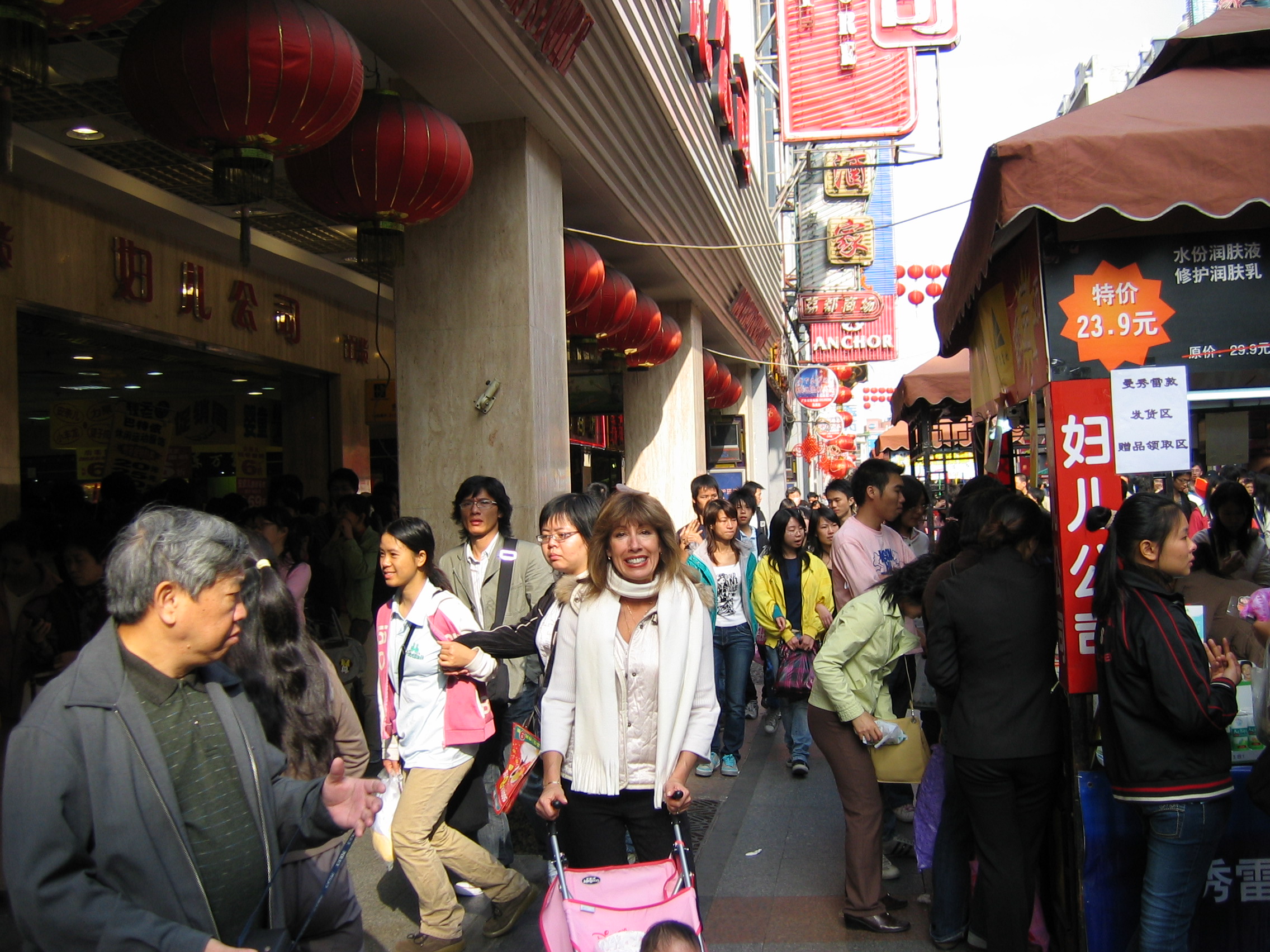
Guangzhou is a great walking city and one takes a certain comfort in what one hopes will be the familiarity of Cantonese cuisine.
The city is home to the U.S. Consulate and when one adopts, there are certain formalities that culminate in a mass swearing in by a government official.
We had five days in Guangzhou for exploring until the swearing in and the issuance of our daughter’s Chinese passport.
Most adoptive couples stay at the White Swan Hotel, a non-descript white tower with a lobby that looks as though it was designed by the same team who designed your town’s largest Chinese restaurant. The décor is accentuated by a floating antiquities sale that fills the lobby area with beautiful screens and lacquered chests,
A number of local businesses have developed around the hotel, each of them catering to American and British visitors with time on their hands and the need for infant clothing.
By this time we had started a list of apparent Chinese “laws” one of which appears to outlaw the concept of “browsing”. Walk into any store and a salesperson will hover just off your right collarbone. They never try to hard sell but they are there to assist – should you need it.
My forays got me into some trouble almost immediately. I saw a kiosk selling Christmas decorations. Some were black and some were red. I picked out a lovely hanging box in black metal and was looking forward to hanging it on my tree when the salesperson threw out the word “funeral”. Wrong kiosk.
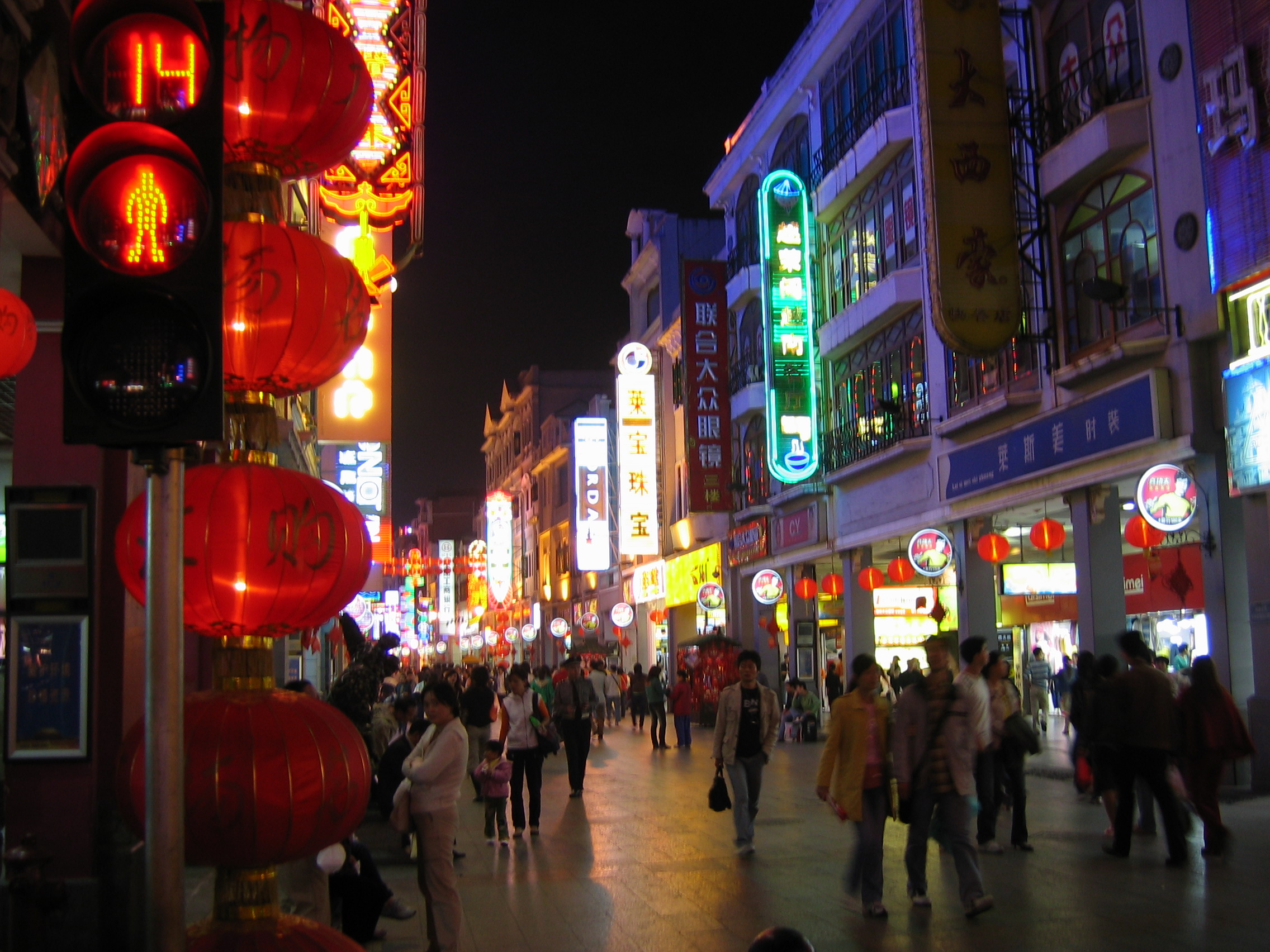
We were staying at the Holiday Inn, a new hotel, and surely one of the chain’s centerpiece properties. You enter the hotel through an arcade filled with small shops and food stands. Everywhere we looked in Guangzhou you saw people eating. Notice I did not say slurping, one of the stereotypes that just didn’t pan out. We saw relatively little slurping or spitting. But each of the food stalls seemed to be doing quite well and you could not walk through the crowds that gathered in front of the small gas stoves and woks without feeling that you had ingested at least half of what was being consumed.
The arcade entrance to the plush Holiday Inn was directly across from a stand that sold one item only – pig intestines on rice. It made you enter and depart the hotel in a hurry, actions that really must have reinforced the doorman’s opinion that Americans are crazy.
What I liked most about the Holiday Inn was the fact that room service really did not understand English. That made ordering fun and we came to accept the fact that we were going to be tasting things that one doesn’t find at the local take-out in Peoria.
We had upgraded ourselves to a suite – we thought an extra $58 for a six-night stay was reasonable. It came with an entertainment center – of the human kind. Next to our hotel was a massive condo construction project. It was being built, as these things are, floor by floor and the construction was not only right outside our window but it was only two floors below our room.
Now if you know anyone in the building trades, you might suggest that they pay their union dues on time. In fact, they may want to pay a little extra. On the work site out our window, a beehive of activity that fascinated our daughter, a great deal was done by hand. During breaks, the workman, and women, simply lay down where they were. Fortunately they didn’t clang their steel all night long. The site closed at 4:00 Am., allowing us about two and a half hours before it all began again.
I loved walking the streets of Guangzhou. One right turn out the hotel door, just to the right was a narrow street that looked like it might have come from a period movie. Two blocks of shops selling fish, fish in tanks, fish in metal tubs, and goldfish of every hue. They were packaged in tiny plastic bags. Further down the street was a large family that sold nothing but scorpions – of the live variety. They were mixed up in large pots just prior to the sale. Used for a delectable local soup I am told. Next came the puppy venders. With the strictly enforced rules on one child per family, the Chinese have taken to buying exotic small dogs to carry in their shopping carts.
In the middle of the street, a woman taught her child how to do math on an old abacus, as they sat at a small wooden bench. Everyone walked around them.
People did not smile at us. But they smiled back if we made the first move and always they came up to see our baby. If her forehead was covered by her blanket, they would stoop down and fold the blanket back so they could see her features… Her eyebrows arch upwards in the corners – a point of great discussion and joy to the Chinese.
Continuing down the street we came to a pedestrian overpass over a six-lane highway. On the other side we found older buildings, some clearly built in a British colonial style with shady streets. A Chinese actress was filming a commercial in the middle of one street. We discovered a Chinese School of massage and enjoyed a one and a half-hour massage for $10.00. The only disconcerting thing about the massage was that it was a semi-private room and an earnest young manager would keep walking in asking if “ok” “ok”. I was having a hard time pretending that I was in Bali.
Leaving my massage, I passed leafy parks where practitioners of Tai Chi went through their exercises.
But I haven’t told you where you end up if you leave the Holiday Inn and turn left instead of right. Continuing out of the arcade, past the pig intestine store, you come to a huge walking street that goes on for miles. Someone in Guangzhou has clearly paid the electric bill because neon signs and billboards blanket the night sky in ways that Vegas can only imagine. The streets are surprisingly clean. The young people are well dressed and animated. Music blares from the storefronts. Jewelry shops predominate. Side streets have the best food stalls. I try to talk with the owners of a tea shop and they show me the tines where they keep the really good stuff. A shop nearby sells medicinal herbs in liquid form. This means a few ounces from a large jar holding the entrails of a snake or worse. The liquid is thought to be healing but it all has to ferment for a while.
I take an escalator up to see what McDonald’s is up to. The frantic crew is practicing crowd control, leading customers to hidden, available seats as soon as they order.
Eight years ago, I was traveling in Hong Kong with a group that included an executive of McDonald’s. He invited me to dinner with the head of their operations in China. At that time, he pointed out; China had fifteen cities with a population of more than a million. “And we’re only in one. So, yes, the potential is really great.”
Walking the streets of Guangzhou with a Chinese baby offers a perspective few tourists would ever get. We were constantly approached by well wishers. As new parents of a Chinese girl, we felt that we were somehow invited to see and feel the soul of China. Every few minutes brought a new encounter despite the relative shyness of the population.
I thank each of the hundreds, perhaps, thousands, of Chinese who offered the thumbs up sign to us as we moved, with our pink baby stroller and its occupant, through the exciting, clean, frantic streets of their city.
